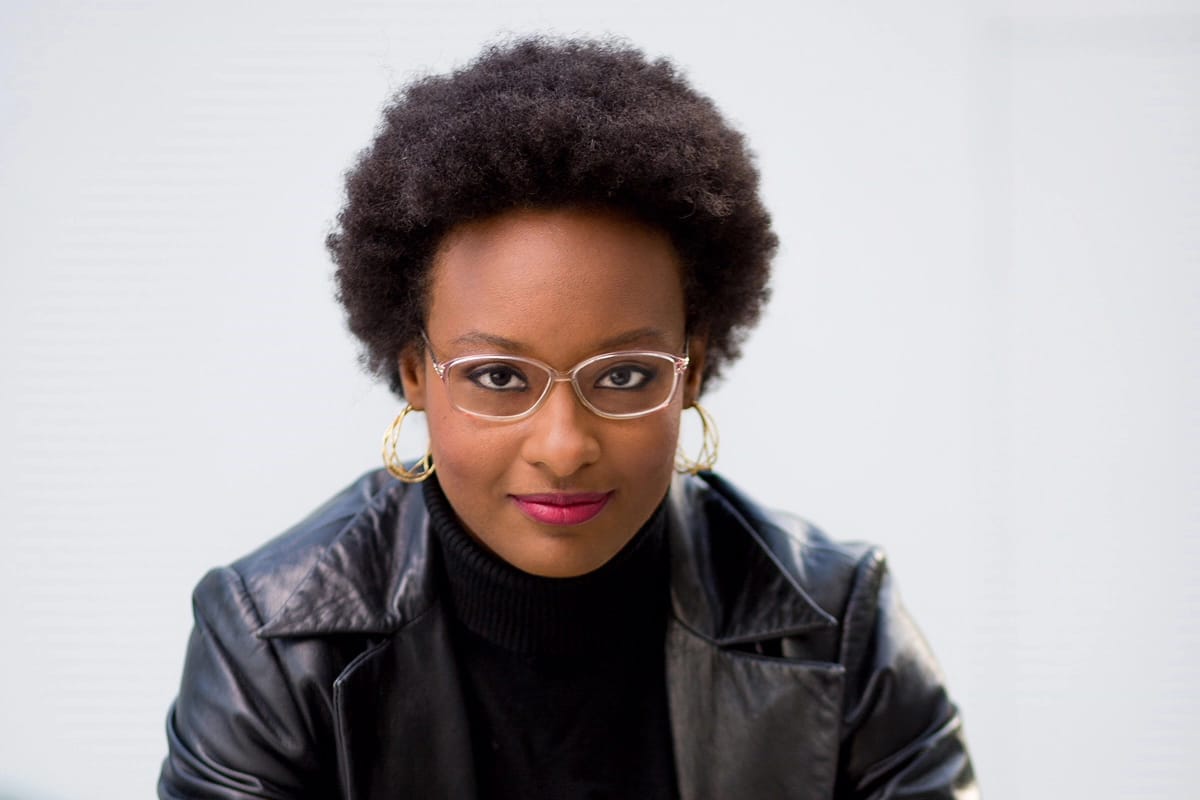
articles / Open Ears
You Can’t Help but Be Changed: Notes from a Musical Activist

In the often concentric musical circles of Los Angeles, Zanaida Robles is everywhere: longtime member of the LA Master Chorale, choral director at Harvard-Westlake School, studio singer, Director of Music for the Unitarian Universalist Community Church of Santa Monica, and teaching artist at Los Angeles Opera. She is also a composer, arranger, arts activist, and the conductor of Street Symphony’s nationally acclaimed Skid Row Messiah Project.
The Messiah Project, launched in 2015 by Street Symphony founder and LA Phil first violinist Vijay Gupta, brings top musicians to the Midnight Mission to perform with Skid Row residents a shortened version of Handel’s oratorio, woven in with moving, on-the-spot testimonials and a modern song or two. Robles tells me, “we interact with people facing such serious challenges. But we deconstruct the boundaries between us. I am them. They are me. We share each other’s stories. You can’t help but be changed by that.”
 Photo by David Black/New Yorker
Photo by David Black/New Yorker
As the first African American woman to earn a Doctor of Musical Arts degree in Choral Music from the USC Thornton School, Robles tells me she’s long been acutely aware of her own ‘otherness’ in the choral music world, though that is changing. But the lingering strain came to a head last year when the LA Master Chorale under artistic director Grant Gershon sang Robles’s own arrangement of the hymn Lift Ev’ry Voice and Sing.
The Disney Hall performance sparked a controversy that, one year later, has not abated. Attendees familiar with the hymn’s tradition as the Negro National Anthem stood up during the performance. Some who didn’t share those associations resented what they saw as a disruption. Some audience members of color objected to the choice of a non-African American singer taking the solo part. Robles will address these issues of musical ownership — who has the right to sing what, and where — at the Western Regional Conference of the National Association of Negro Musicians.
In her blog, Robles wrote about the Lift Ev’ry Voice flap: this music “connects me to my roots, honors the present, and points toward the future. Anyone and everyone can and should sing this song. But for me, and for many Black Americans, this song is our pride and joy.”
Above all, Zanaida Robles believes in the healing and unifying power of music, whether that music is played on Skid Row or in Disney Hall. Her confidence and optimism are exemplified by a quote at the end of one of her recent blogs: “ Music Will Save the World” -Pablo Casals






